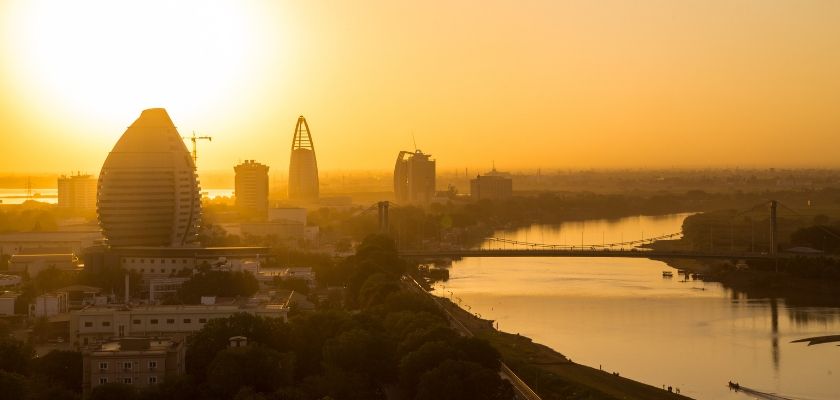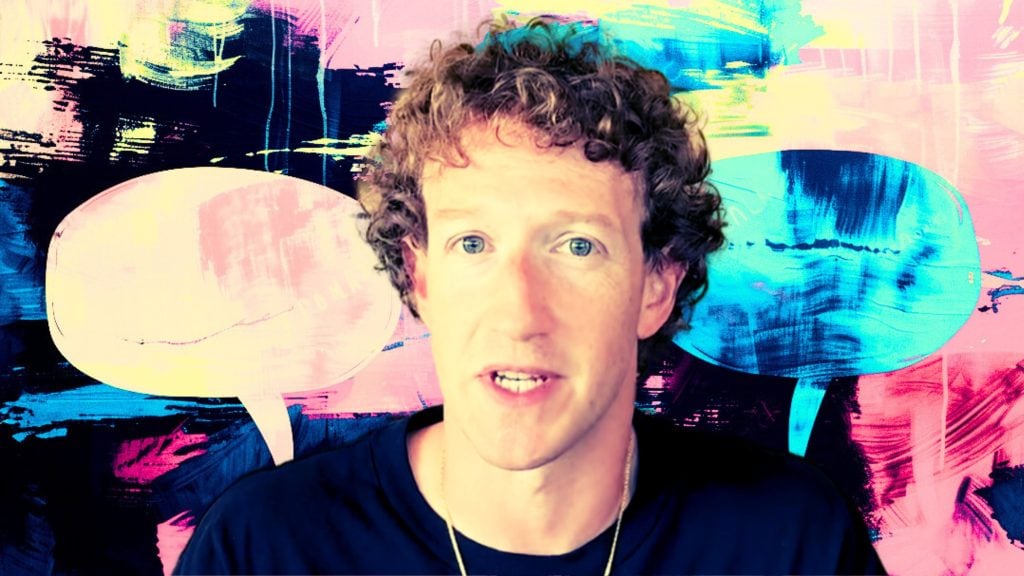Blocking access to certain websites as a means of controlling what information and content internet users can view – no, we’re not talking about New Zealand or Australia here.
In this instance, the practice was happening in Sudan over the last winter and spring, as the authorities were dealing with anti-government protesters in some traditional ways – like physical violence, according to the Washington Post – and also in some modern ways, like online censorship.
Sudan’s ISPs played along, according to the report, blocking access to social media platforms and sometimes even switching off the internet for the whole country.
But this didn’t exactly help, as President Omar al-Bashir was eventually ousted – not exactly by the demonstrators, but by the military. And these two sides had been in negotiations on a transition to a civilian rule up until early June when the patience of the generals ran out, and troops were ordered to crack down on sit-in protesters.
According to various reports, dozens of people were killed in the violence.
The Washington Post report focuses on how the internet was abused as these events unfolded to impose a digital blackout and server communications. Access to the internet was interrupted first at the level of mobile operators, just as the security forces were moving in, to then be shut down completely last Monday.
The report observes that autocratic regimes and what is described as “weak, poorly managed governments” are increasingly reaching for “digital repression that includes digital surveillance, online censorship, cyber attacks and hacking, disinformation, and targeted arrests and detentions of internet users.”
China is also mentioned as one country that often goes for internet shutdowns, and the article said as many as 22 African countries besides Sudan have done the same.
But, argues Steven Feldstein, the author of the article, this tool may not be as effective as governments who use it hope – and it incurs costs.
Shutting down the internet not only disables communication between protesters but also disrupts the economy by hindering e-commerce.
A Netblocks/Internet Society tool is quoted as the source of an assessment that Sudan, a country that can ill-afford such losses, had lost over $228 million in just the five days of the most recent digital blackout.











